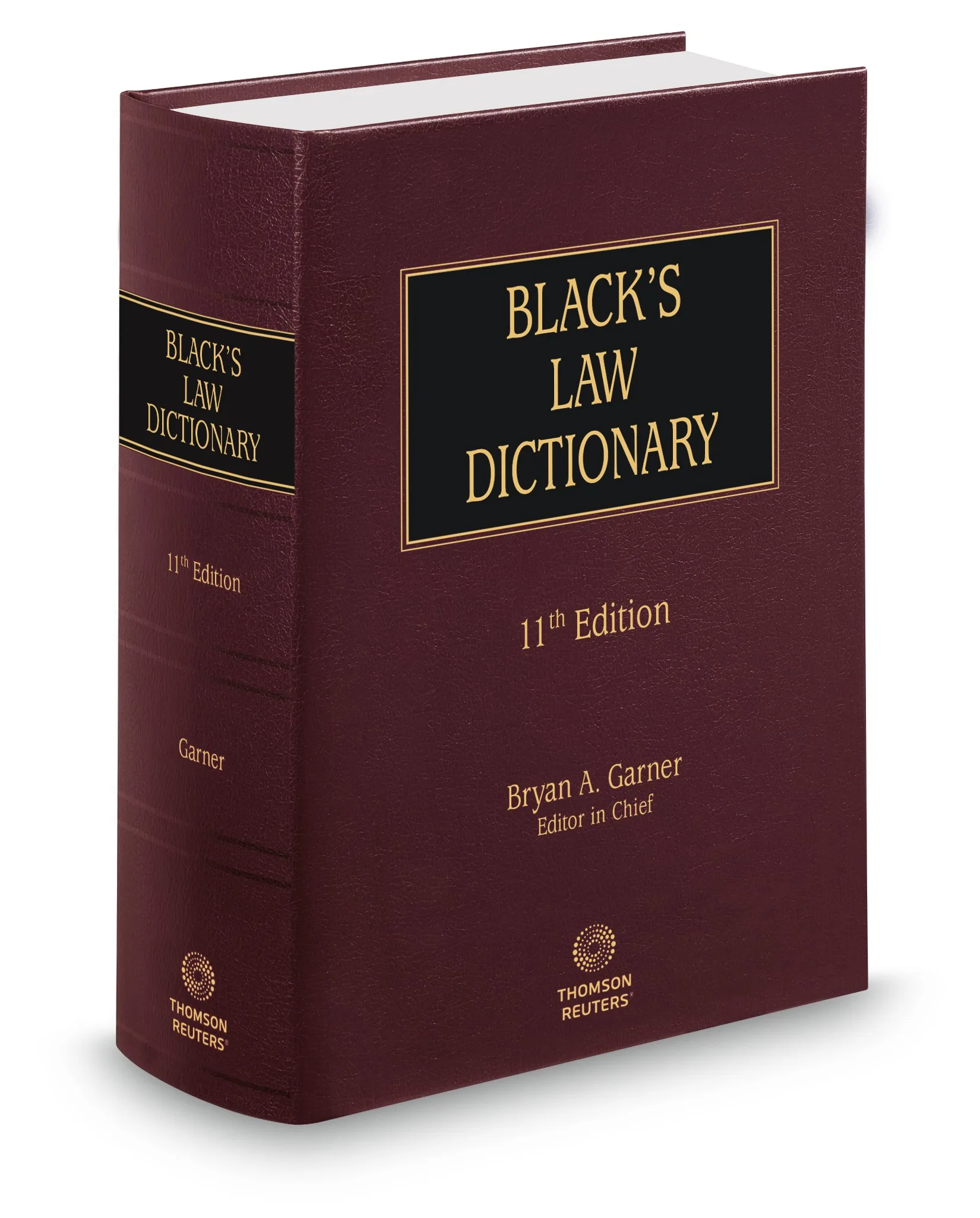Definition of criminal procedure, related terms, and research resources for legal professionals
Legal terms • criminal law • criminal procedure
Criminal procedure sets forth the rules and regulations governing criminal proceedings, from investigation to final sentencing and identifying criminal liability.
According to Black’s Law Dictionary, criminal procedure is: “the rules governing the mechanisms under which crimes are investigated, prosecuted, adjudicated, and punished” and “includes the protection of accused persons’ constitutional rights” (472).
Jump to ↓
| Background of criminal procedure |
| Purpose |
| Grand juries |
| Types of criminal proceedings |
| Criminal procedure in the U.S. |
| Summary and other resources |

AI news and insights
Industry-leading insights, updates, and all things AI in the legal profession
Join community ↗Background of criminal procedure
Criminal procedure is a cornerstone of the legal system in the United States and around the world. It is a set of rules and regulations that govern how criminal proceedings are conducted, including investigation, prosecution, and trial.
It serves to ensure that justice is served fairly and according to the law while protecting individuals’ rights to due process and equal protection under the law.
Purpose
The purpose of criminal liability in law serves two important objectives. First, it ensures fairness among all parties engaged in criminal proceedings. Secondly, it safeguards individuals’ rights to due process and equal protection under the law.
This includes protecting suspects from being tried twice for the same crime (double jeopardy) or being subject to cruel and unusual punishment. The principles underlying criminal procedure also include legality, accommodation of individual interests, respect for human dignity, fairness, proportionality, and efficiency.
Grand juries
Grand juries are special panels of citizens who hear evidence presented by prosecutors then decide whether there is sufficient cause for an indictment — a formal accusation against someone suspected of committing a crime. If an indictment occurs, then the accused person will have their case heard by a jury trial where both sides present their arguments before 12 jurors who ultimately decide guilt or innocence based on facts presented during trial proceedings.
Alternatively, plea bargains may occur when an accused person agrees to plead guilty in exchange for reduced charges or lighter sentencing without having their case heard by a jury trial.
Finally, it is important to note that criminal procedures take place within the framework of federal courts established by the US Constitution. These courts provide protections from government intrusion into personal freedom, such as freedom from unreasonable search and seizure or freedom of speech, among others.
As such it’s important for any individual facing criminal charges in US court system be aware of these protections as well as understand how different aspects of criminal procedure work together towards fair delivery justice system wide.
Types of criminal proceedings
Criminal proceedings in the United States involve a variety of legal processes. The following list is not exhaustive, and the types of criminal proceedings can vary significantly depending on the jurisdiction and legal system in question.
Summary proceedings
Also known as summary trials or summary offenses, these are typically less serious criminal cases that are handled in a simplified and expedited manner.
Summary proceedings are often used for minor offenses, such as traffic violations or petty theft, and may not involve a jury.
Indictable proceedings
Indictable proceedings are more serious criminal cases that require a formal indictment, which is a written accusation presented by a grand jury or a prosecutor.
These cases involve more complex legal procedures and can result in more severe penalties, such as imprisonment.
Jury trials
In many legal systems, certain criminal cases have the right to be tried by a jury.
A jury trial involves a panel of impartial citizens who listen to the evidence presented by the prosecution and defense and determine the guilt or innocence of the accused. The jury’s decision is usually based on a majority vote.
Plea bargaining
In some cases, the prosecution and defense may engage in plea bargaining, which is a negotiation process where the defendant agrees to plead guilty in exchange for a reduced charge, lesser sentence, or other concessions.
Plea bargains can help expedite the legal process and reduce the burden on the court system.
Appellate proceedings
After a trial and conviction, the accused may have the right to appeal the decision to a higher court.
Appellate proceedings focus on reviewing the legal errors or misconduct that may have occurred during the trial, rather than re-examining the evidence or conducting a new trial. The appellate court can affirm, reverse, or modify the original decision.
Criminal procedure in the United States
A simplified overview of criminal procedure in the US:
- Investigation — When law enforcement officers have reason to believe that a crime has been committed, they conduct an investigation to gather evidence and information. This may involve interviewing witnesses, collecting physical evidence, and analyzing forensic data.
- Arrest — If the investigation leads to the identification of a suspect and there is probable cause to believe they committed the crime, law enforcement officers can make an arrest. The individual is then taken into custody and informed of their Miranda rights.
- Charging — After the arrest, the prosecuting authority, typically the district attorney’s office, reviews the evidence and decides whether to formally charge the accused with a crime. This decision is based on the sufficiency of the evidence and the applicable laws.
- Arraignment — The accused is brought before a judge for an arraignment, where they are formally informed of the charges against them and asked to enter a plea of guilty, not guilty, or no contest. If the accused pleads not guilty, the case proceeds to trial.
- Discovery— Both the prosecution and the defense have the right to obtain and exchange information and evidence related to the case. This process, known as discovery, ensures that each side is aware of the evidence that will be presented at trial.
- Pre-trial motions — The defense and prosecution can file various motions to address legal issues or seek certain rulings from the court before the trial begins. These motions may include motions to suppress evidence, dismiss the case, or change the venue.
- Trial — The prosecution presents its case against the accused, and the defense has the opportunity to present its case. The trial is overseen by a judge and can be conducted before a jury or solely by the judge in a bench trial. The burden of proof rests with the prosecution, which must prove the accused’s guilt beyond a reasonable doubt.
- Sentencing — A sentencing hearing is conducted to determine the appropriate punishment if the accused is found guilty or pleads guilty. The judge considers various factors, such as the nature of the crime, the defendant’s criminal history, and any mitigating or aggravating circumstances.
- Appeals — After a conviction, the accused has the right to appeal the decision to a higher court. The appellate court reviews the trial proceedings to determine if errors were made that may have affected the case’s outcome.

CoCounsel Legal
AI lawyers swear by: AI, trusted content and expert insights for criminal cases
See it in action ↗Summary and other resources
- Criminal procedure establishes rules for investigating, prosecuting, and punishing crimes while protecting individuals’ constitutional rights.
- Key purposes include ensuring fairness and protecting due process and equal protection.
- Grand juries decide on indictments, and plea bargains may occur to reduce charges or sentencing.
- Criminal proceedings include summary proceedings, indictable proceedings, jury trials, plea bargaining, and appellate proceedings.
- In the US, criminal procedure involves investigation, arrest, charging, arraignment, discovery, pre-trial motions, trial, sentencing, and appeals.
Related terms:

Black's Law Dictionary®
Black’s Law dictionary 11th edition — the most practical, comprehensive, scholarly, and authoritative law dictionary ever published
Product overview ↗






